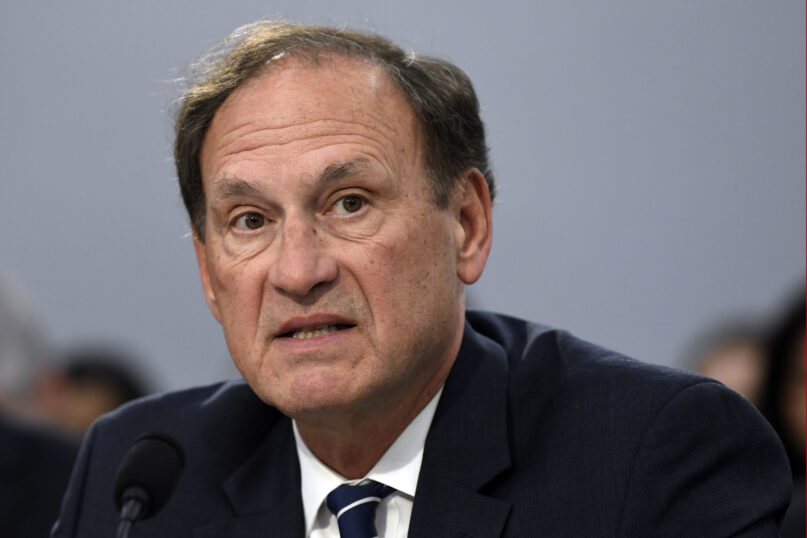(RNS) — Thirty years ago, when a broad religious coalition was coming together to counteract Employment Division v. Smith, a 1990 Supreme Court decision limiting religious free exercise claims, the Catholic bishops conference held back.
Sure, its lawyers reasoned, religious freedom is a good thing. But what happens if the Supreme Court overturns Roe v. Wade? Wouldn’t returning to the religious freedom standard before Smith enable some women to assert a free exercise right to obtain an abortion?
Eventually, the bishops did join the coalition and in 1993 the federal Religious Freedom Restoration Act, known as RFRA, sailed through an almost unanimous Congress. But if Justice Samuel Alito’s leaked draft majority opinion in Dobbs v. Jackson Women’s Health Organization proves to be the real deal and abortion ceases to be a constitutional right, there’s good reason to think women will indeed advance free exercise claims against new state laws forbidding or severely limiting their ability to obtain an abortion.
Take Judaism, which is generally more permissive of abortion than a number of such laws, to say nothing of the outright bans that could well be coming down the pike.
RELATED: The Christian right’s abortion policy isn’t in my Torah
“Judaism allows & requires abortion in many circumstances,” tweeted Blimi Marcus, an Orthodox Jewish nurse practitioner and professor, shortly after Politico leaked Alito’s draft. “The mother’s well-being takes priority over a fetus, acc to Jewish law. A fetus which harms a woman is termed a murderer.”
She continued, “An overturned Roe will result in Jewish women everywhere being unable to practice their religion,” adding by way of clarification, “Jewish women in red states.”
Some of the red-state anti-abortion laws show an awareness of this free exercise issue — and even allow for it to prevail. For example, Oklahoma’s new fetal heartbeat bill, which bans all abortions after six weeks except when the pregnant person’s life is threatened, contains the following language: “Nothing in this act shall be construed to: 1. Authorize any government entity to substantially burden any religious belief … “
Evidently, pregnant Jewish women who claim that their religious belief is substantially burdened by the law will be able to obtain an abortion in Oklahoma.
To be sure, not all states that ban abortions include such religious carve-outs. In such cases, would a Jewish woman (or another woman who asserts a comparable religious burden) be able to gain a free exercise right to abortion from the federal courts?
Who knows?
In Boerne v. Flores (1997), the Supreme Court declared that RFRA does not apply to the states, so any neutral, generally applicable state law remains proof against a federal free exercise claim. And even in the absence of Smith, the court, in its current configuration, could well find that the state in question had a “compelling interest” in protecting fetuses.
On the other hand, no Supreme Court in history has been so attached to promoting the free exercise of religion as this one. If religious liberty is allowed to trump public health, why not fetal life?






